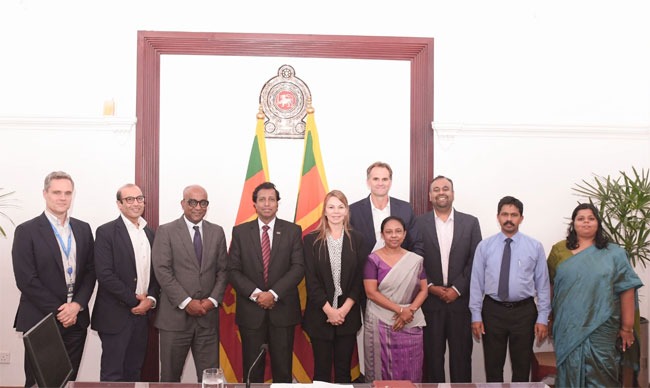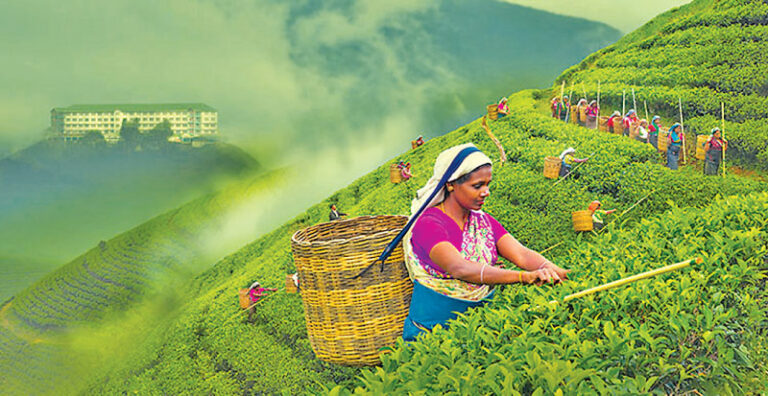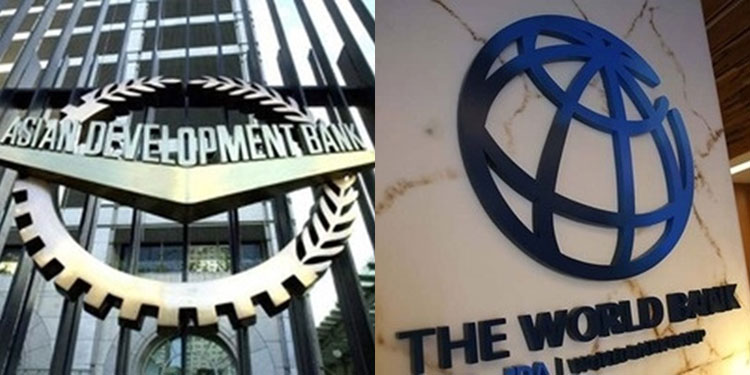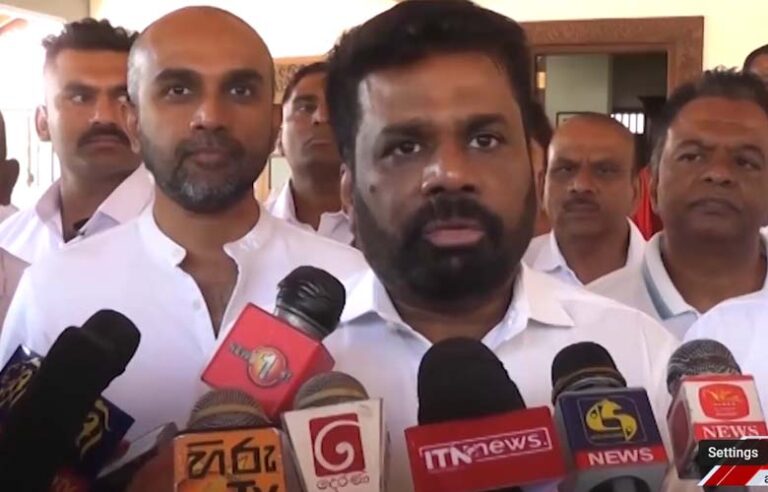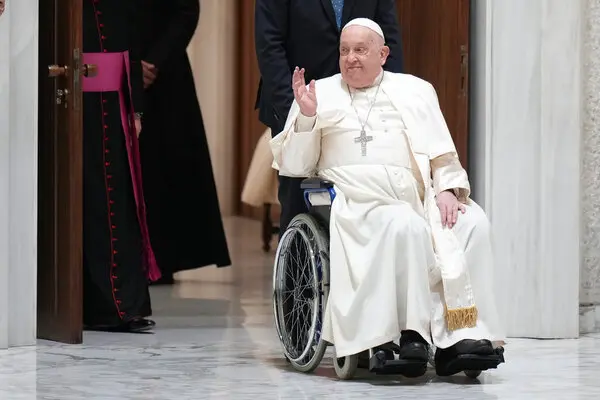By: Isuru Parakrama
February 24, Colombo (LNW): Rainy weather is expected over Northern, North-central, Eastern, Uva, and Central provinces and in Hambantota district, from tonight (24) for the next few days, the Department of Meteorology said in its daily weather forecast today.
Showers will occur in Northern, North-central, Eastern, Uva, and Central provinces and in Hambantota district in the night.
Showers or thundershowers may occur at several places in Western and Sabaragamuwa provinces and in Galle and Matara districts in the evening or night.
Fairly strong winds of (30-40) kmph can be expected at times over Northern, Eastern, North-central and North-western provinces and in Matale and Hambantota districts.
Misty conditions can be expected at some places in Western and Sabaragamuwa provinces and in Galle and Matara districts during the morning.
The general public is kindly requested to take adequate precautions to minimise damages caused by temporary localised strong winds and lightning during thundershowers.
Marine Weather:
| Condition of Rain: |
| Showers may occur at several places in the sea areas extending from Kankasanthurai to Hambantota via Trincomalee and Batticaloa. Showers or thundershowers may occur at a few places in the sea areas extending from Colombo to Matara via Galle during the afternoon or Night. |
| Winds: |
| Winds will be north-easterly and speed will be (20-30) kmph. Wind speed can increase up to (50-55) kmph at times in the sea areas off the coast extending from Colombo to Kankasanthurai via Puttalam and Mannar and from Matara to Batticaloa via Hambantota and Pottuvil. |
| State of Sea: |
| The sea areas off the coasts extending fromColombo to Kankasanthurai via Puttalam and Mannar and from Matara to Batticaloa via Hambantota and Pottuvil will be fairly rough at times. Other sea areas around the island will be Moderate. |



